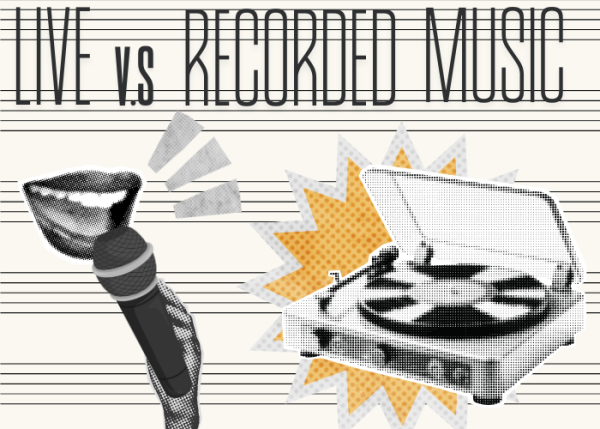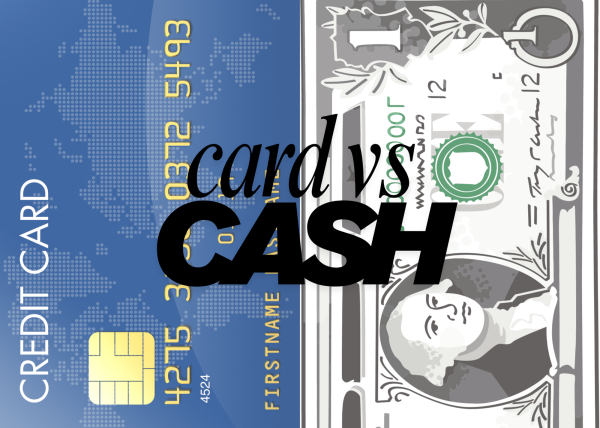Black Mirror: it’s not just about tech
If you don’t know, Black Mirror is a TV show written (mostly) by Charlie Brooker that currently releases new seasons on Netflix. Often compared to The Twilight Zone, it consists of episodes that each tell their own story while also working together to convey an overarching theme using a reoccurring premise. These episodes may stand on their own, or they may be seen as a whole series with interconnecting timelines and themes.
However, you can take one look at this show and find a common, surface-level takeaway: technology = bad. It’s been the mantra of parents and theorists for years. Technology was once characterized by a series of advances that increased our standard of living. In the present day, these people believe that technology such as virtual reality and artificial intelligence pose threats to us more than they aid us. It’s easy to see such a perspective in this show.
But Black Mirror is not solely about technological advances. It aims to make us take an introspective look at ourselves and our horrifying capabilities rather than those of technology. After all, technology is our disturbingly perfect creation. We created it, and we set it into motion.
The sinister side of technology is merely a result of the confusing moral dilemmas we experience as we develop it. This show provides us with ethically ambiguous situations in which we question the actions of the characters; as a result, it forces us to wonder if we would act the same given a similar scenario—this is where we begin to question ourselves.
This is quite obvious in episodes like “Black Museum” and “Crocodile,” where the main issues are ones caused directly by humans, and technology is merely a driving force for these external and internal conflicts. In other episodes, such as “Metalhead” and “Be Right Back,” that theme is less visible because people are portrayed as the victims of technology rather than the perpetrators. However, that ambiguity is still clear if you pay attention to detail.
Black Mirror takes all those dystopian technology clichés and presents them in a bizarre, outlandish, but somehow sickeningly familiar way. It is with this juxtaposition that the show effectively conveys its point.
So, why does it matter that Black Mirror is about human error and immorality? Isn’t that obvious?
Well, let’s take a look at the title itself.
“Any TV, any LCD, any iPhone, any iPad — something like that — if you just stare at it, it looks like a ‘Black Mirror,’ and there’s something cold and horrifying about that, and it was such a fitting title for the show,” said Charlie Brooker in an interview with The Guardian in 2011.
We all have that moment when we’re looking at our messages or browsing Instagram and the screen turns off after a few seconds of inactivity. That is the moment you are confronted with yourself; it’s a mirror in a place you never expected nor wanted it to be. Using your phone—or any device, really—forces you to look at yourself. Both literally and in an introspective sense.
Evidently, the title says exactly what the series as a whole aims to tell you, albeit with less entertaining scenes and sickening details: the black mirror, symbolic of all modern technology, is a reflection of humanity—good or evil.
It’s not about artificial intelligence becoming superior or an advance in safety turning into an invasion of privacy. It raises the question of why these things could become bad in the first place. Perhaps it’s the humanity in them that is bad. In this way, a cynical question about human nature is raised. This show is often critical of mankind’s actions. And most of the time, its stance on mankind’s decisions is vehemently pessimistic.
This leads us to what the show is actually about. It’s a criticism of how we see ourselves and what we do with that image.
When you look into a black mirror, do you feel unsettled, do you feel comforted, or do you simply view your reflection with indifference? Does it hold the exact same significance to you as that of a real mirror? Because, as Brooker would argue, it should mean much more than a mere reflection.
With that being said, go take a break from whatever device you’re using to read this. Your retinas will thank you, and your conscience will too. While you’re at it, it might do you some good to think about the meaning of this show and how it relates to your view of yourself and others. It portrays humanity as the ultimate evil, rather than the poor victim of its advanced creation or a pitiful Dr. Frankenstein. If Black Mirror is the story of a world in which humanity has given up on seeing itself as good, we should heed its warning and realize that human nature can’t be good if nobody decides to believe it is.
Source of quote

I’m a senior, and my pronouns are she/her. My hobbies include photography, videography, and reading. Most of my favorite bands fall under the indie rock...








